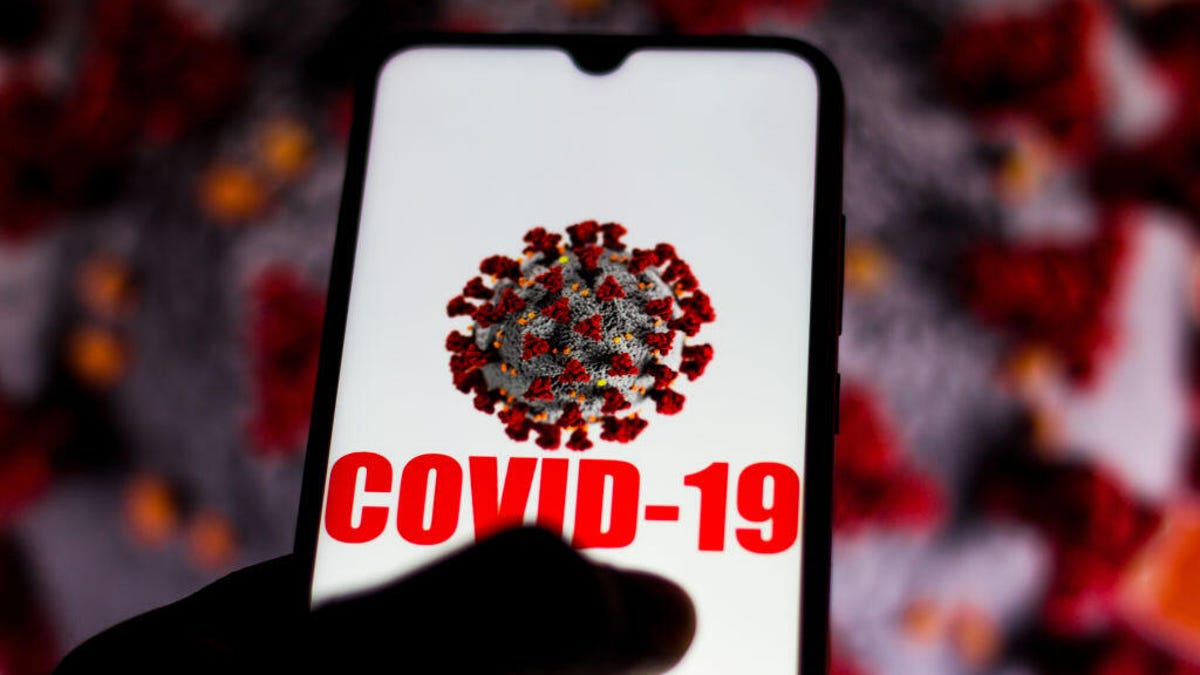Europe develops coronavirus tracking app meant to also preserve privacy
A pan-European initiative shares code for an app that's designed to warn people, without violating their privacy, when to self-isolate.

Apps are proving a popular option for tracking the spread of coronavirus.
Researchers and scientists across Europe are collaborating to develop apps that can track the spread of the coronavirus without violating the EU's stringent privacy regulations.
The Pan-European Privacy Preserving Proximity Tracing initiative (PEPP-PT) announced on Wednesday that it was releasing code for an app that it believes will allow for contact tracing while still abiding by the General Data Protection Regulation (GDPR). As part of the initiative, 130 academics from eight countries have worked on the code, which will analyze Bluetooth pings between devices to keep track of who people have come into contact with.
Contact tracing is a common approach to preventing the spread of disease and was previously used, for example, to manage ebola outbreaks. It aims to identify people who've come in contact with anyone confirmed with an infection or virus so they can be told they need to self-isolate in case they too have been infected. The ability to let individuals know when they need to self-isolate can potentially reduce the reliance on blanket lockdown conditions, allowing the wider population to enjoy greater freedom of movement than they currently do in most places around the world.
In the past, contact tracing has been performed by interviewing patients, but the tracking capabilities of technology have the potential to make the task much easier and more accurate. The downside is that recording where people have been and who they've come into contact with can count as surveillance and violate privacy laws.
The European PEPP-PT team believes that its decentralized method, whereby people use Bluetooth signals to record on their phones who they've come in contact with locally, won't cause such privacy issues. Users will later be informed through the app on their own phone if they've been in close proximity with someone confirmed to have the coronavirus, via aliases that'll frequently be changed.
The UK is currently working on its own, similar app, which it plans to release shortly before or immediately after the current lockdown restrictions are lifted. According to Politico, Germany is expected to be the first country to release an app based on the PEPP-PT code.
If successfully deployed and widely downloaded, such apps could help contain future flare-ups of the coronavirus after the current crisis passes.

